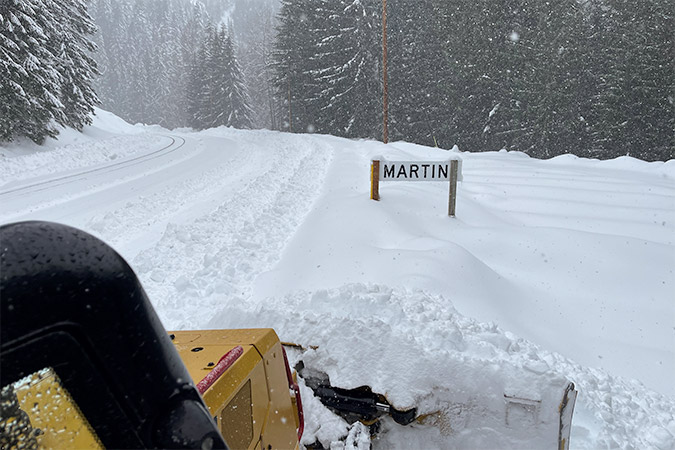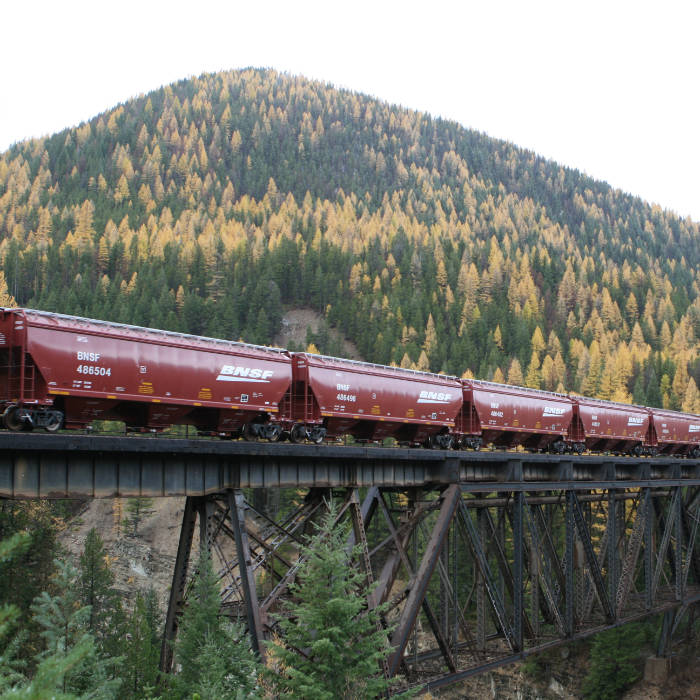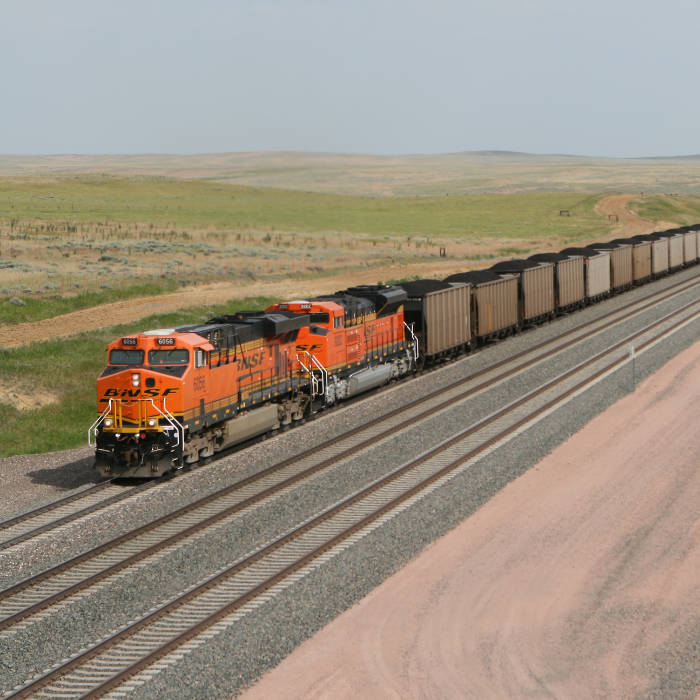
Mid-February’s arctic outbreak brought a deep freeze to much of the nation. Worse, it was not just one event, but back-to-back winter blasts, including Winter Storm Uri, which delivered blinding white snow driven by high winds, coupled with icy precipitation. Temperatures dropped below zero. Power and water outages across the Midwest and South crushed communities, including many who don’t often experience these conditions.
While millions hunkered down and eventually dug out, BNSF employees kept trains rolling. When forecasters warned of impending storms, BNSF initiated winter action plans that ensured resources and procedures were in place to minimize winter’s impact on our people and our service. We notified customers that trains might be held or rerouted, and we provided employees with personal protective equipment and other aid, like warming stations and plentiful water, so they could work safely.
Trains operate 24/7, even in extreme cold, so we focused on trains that could be kept moving, generally on mainline routes. When we knew a front was moving in overnight, we moved as much volume as possible during the day. We limited switching and use of crossovers. We also focused on moving some coal trains to keep electricity-generation facilities fueled. Our Network Operations Center made the decisions, with input from our field teams’ command centers. Learn more about how we operate in winter weather!



